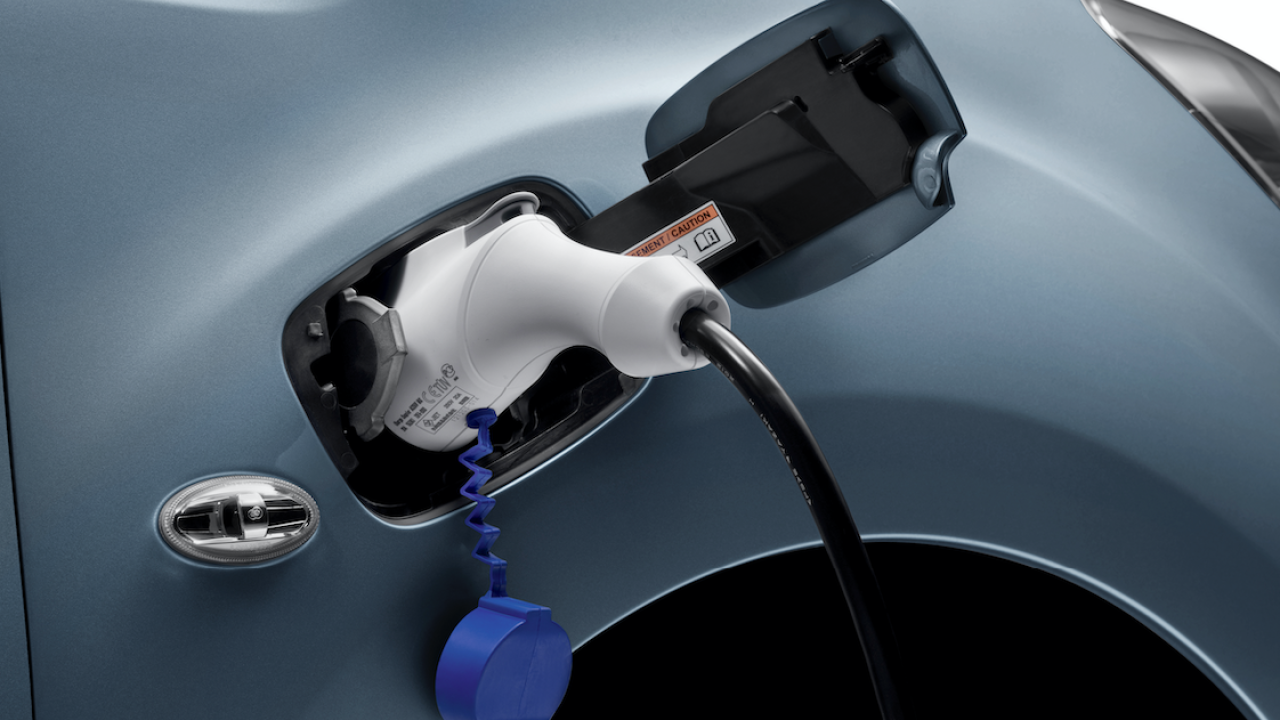According to FairCharge analysis of Department for Transport (DfT) figures, public money used on installing off-street residential Electric Vehicle (EV) chargers is more than15 times what has been spent on public on-street residential chargers.
The analysis of Department for Transport figures by the campaign shows that a total grant value of £104.5 million had been spent on the Electric Vehicle Homecharge Scheme (EVHS) since the scheme’s inception in September 2014. In comparison, the DfT spent £6.8 million of grant funding on the On-street Residential Charging Scheme (ORCS) since the scheme was established in 2017. The total spend on the EVHS is fifteen (15.37) times more than the ORCS.
The grant funding for the EVHS led to the installation of 236,697 domestic charging devices, whereas the grant funding had only led to 2,038 public charging devices since the scheme was established.
The FairCharge campaign says that public money has led to over one hundred times more private than public chargers being installed to date. This is despite the fact that just over a third of households in England lack access to off-street parking.
Quentin Willson, who leads the FairCharge campaign, commented: “Of course, the EVHS has been great in that is has led so many to make the switch to EVs – but it can’t be right that there is such a big a gap between public money spent supporting off-street and on-street charging. Figures like this add to the feeling that some have that EVs are the preserve of the wealthy."
“If the transition to net zero is to be successful then it must be fair. When it comes to EVs, it just isn’t fair that those who have access to driveways or garages have so much more Government help to support their charging needs than those – on-average much poorer – people who do not. Our FairCharge campaign is aimed at preventing exactly this sort of injustice.”


